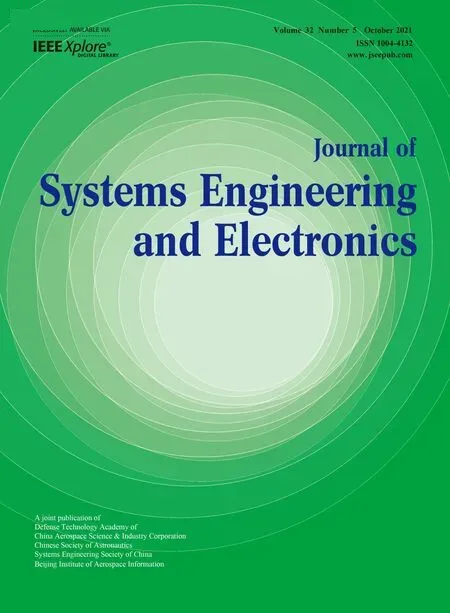New Developments on Fault Detection and Diagnosis (FDD) and Fault-Tolerant Control (FTC) Techniques
The increased complexity in system and the growing need of advanced and complicated actuators and sensors towards higher level of automation and autonomy in different engineering applications render the engineering systems susceptible to faults, which may significantly degrade the control performance or even cause catastrophic accidents.Recently, fault detection and diagnosis (FDD) and fault-tolerant control (FTC) techniques have been widely used to diagnose and compensate for the actuator/sensor faults, respectively.However, the capabilities of the traditional FDD and FTC methods are significantly degraded when the actuator or sensor faults are encountered by the highly nonlinear engineering systems (such as unmanned aerial/ground/surface/underwater vehicles and high-speed trains) with various internal physical constraints and external disturbances.Therefore, combined with new developments on big-data, adaptive learning, intelligent control, etc., latest developments on the FDD and FTC techniques will be intensively pursued in this special section with six articles selected by the guest editors.
Guest Editors

Prof.Youmin Zhang
Concordia University, Montreal, QC, Canada.Prof.Zhang received his B.S., M.S., and Ph.D.degrees in automatic control from Northwestern Polytechnical University, Xi’an, China, in 1983, 1986, and 1995, respectively.He has authored seven books, more than 550 journal and conference papers, and book chapters.His current research interests include guidance, navigation, and control (GNC), fault detection and diagnosis (FDD), fault-tolerant control (FTC), remote sensing with applications to unmanned aerial/space/ground/marine vehicles, smart grids, and smart cities.
E-mail:youmin.zhang@concordia.ca

Prof.Bin Jiang
Nanjing University of Aeronautics and Astronautics (NUAA), Nanjing, China.Prof.Jiang received his Ph.D.degree in automatic control from Northeastern University, Shenyang, China, in 1995.He is currently the Chair Professor of the Cheung Kong Scholar Program with the Ministry of Education and the Vice President of NUAA.He was the recipient of the Second Class Prize of the National Natural Science Award of China in 2018.He is an IEEE Fellow and a fellow of the Chinese Association of Automation.He has authored eight books and more than 200 referred journal and conference papers.His current research interests include intelligent fault diagnosis and fault-tolerant control and their applications to helicopters, satellites, and high-speed trains.
E-mail:binjiang@nuaa.edu.cn

Assoc.Prof.Yajie Ma
Nanjing University of Aeronautics and Astronautics (NUAA), Nanjing, China.Assoc.Prof.Ma received his B.S.degree in automation from NUAA in 2008, M.S.degree in detection technology and automatic equipment from Hohai University, Nanjing, in 2011, and Ph.D.degree in control theory and control engineering from NUAA, in 2015.He is a winner of Outstanding Youth Foundation of Natural Science Foundation of Jiangsu Province in 2021 and Outstanding Doctoral Dissertation of Jiangsu Province in 2017.His research interests include adaptive fault diagnosis and fault-tolerant control and their applications.
E-mail:yajiema@nuaa.edu.cn

Dr.Ziquan Yu
Nanjing University of Aeronautics and Astronautics, Nanjing, China.Dr.Yu received his Ph.D.degree in control science and engineering from the Northwestern Polytechnical University, Xi’an, China, in 2019.His current research interests include fault-tolerant cooperative control of safetycritical systems, guidance, navigation, and control of unmanned aerial vehicles.
E-mail:yuziquan@nuaa.edu.cn
 Journal of Systems Engineering and Electronics2021年5期
Journal of Systems Engineering and Electronics2021年5期
- Journal of Systems Engineering and Electronics的其它文章
- Belief reliability modeling and analysis for planetary reducer considering multi-source uncertainties and wear
- M-FCN based sea-surface weak target detection
- A method to realize NAVSOP by utilizing GNSS authorized signals
- Reliability analysis of k-out-of-n system with load-sharing and failure propagation effect
- An iterated local coordinate-exchange algorithm for constructing experimental designs for multi-dimensional constrained spaces
- An integrated simulation system for operating solar sail spacecraft
